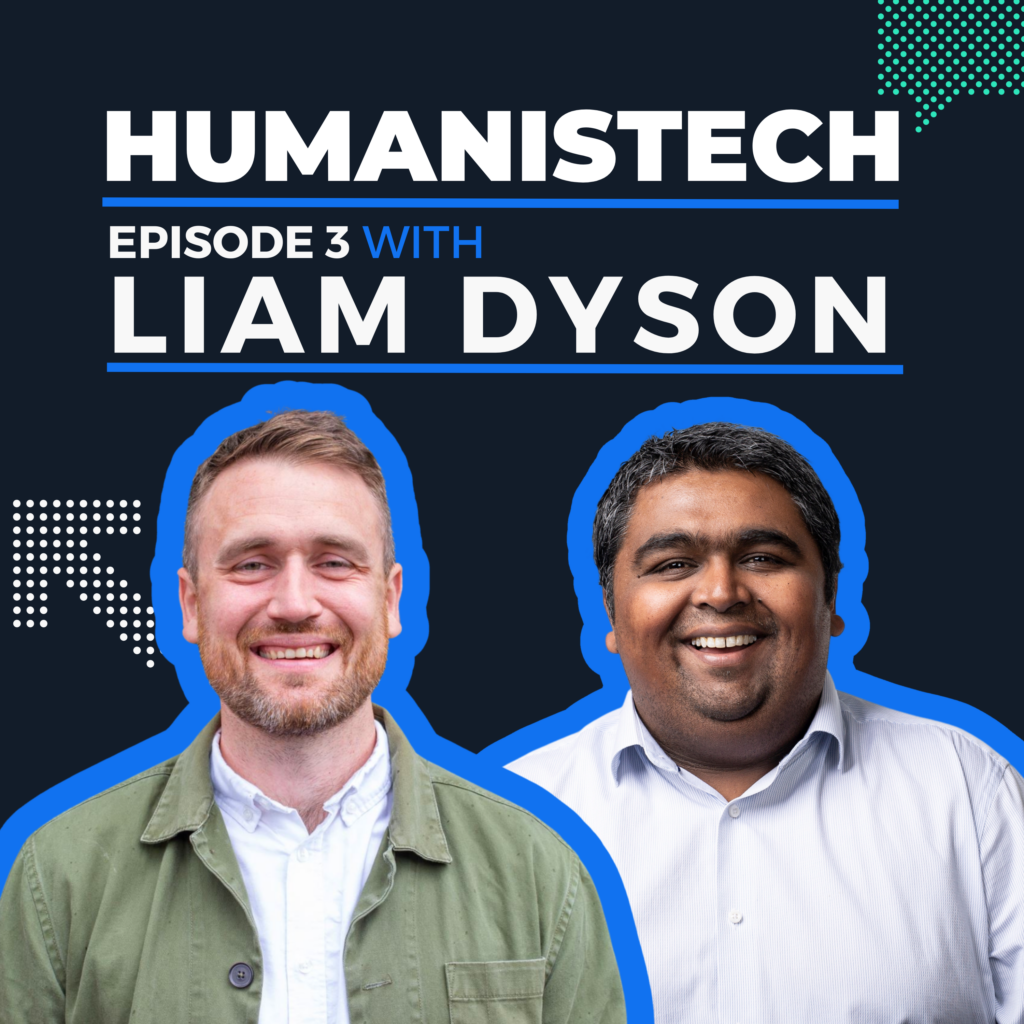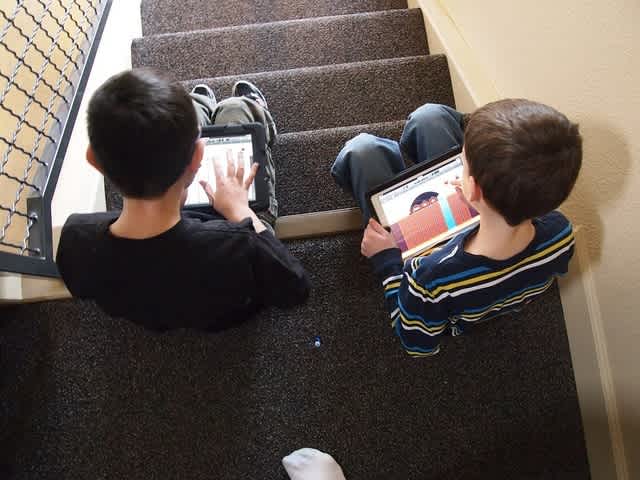Education is an attractive sector for startups and investors. It makes sense – education equips future generations with the knowledge and skills they need to succeed. And as practically every young child in the world has some form of education‚ it’s also a sector with huge potential in terms of market size. Target this market effectively‚ and you can generate substantial sales and profits.
One of the biggest challenges faced by the education system has been the presumption that every student has the same interest and aptitude to learn. This has led to educational bodies developing a singular course and examination structure for all students.
As every child learns in a different way‚ and at a different pace‚ delivering these ‘one-size-fits-all’ courses to students can be tricky. However‚ it would also be incredibly difficult to personalise courses and examinations for each student; it would make the whole system a lot more complicated and cumbersome to manage.
Personalised Learning Experiences
That said‚ there are opportunities to provide personalised learning methods and processes for students‚ based on their level of interest in a subject and their ability to understand topics. Einstein once said‚ “Everybody is a genius. But if you judge a fish by its ability to climb a tree‚ it will live its whole life believing that it is stupid”. Similarly‚ if you take a singular approach to teaching all students‚ some of them may be led to believe that they do not have the ability to learn.
The education sector is in desperate need of agile processes. These can be fine-tuned based on the needs of individual students‚ while ensuring that the core subjects of the course are not altered. Eventually‚ every student gets through the examination process. But how they do it is important. Instead of developing a sound understanding of the subject‚ most students simply learn to replicate the matter‚ using practiced exam technique‚ to ensure that they get the grades.
Mobile app developers can build mobile apps‚ which working alongside backend systems can calculate and assess the interests and needs of each student‚ to ensure that the way in which a particular concept is explained is tailored to their level of understanding. For example‚ a simple mathematical calculation could be made unnecessarily difficult for a student with dyslexia‚ if letters from the alphabet are used in an equation. Instead‚ this could be presented as an interactive puzzle game for the student; rather than doing a calculation on paper‚ it would assist him/her in finding the solution‚ whilst ensuring they retain this information for a longer period of time.
Safe‚ Interactive Learning
![[object Object] [object Object]](http://images.ctfassets.net/o6514hijae09/W8zJPuas5aFeqrmngfbUO/7c5897e9a3c1e60b6c32b35abf85a7d7/14142420422_aaccc1a489_z.jpg)
Source: Flickr
It is now well known that information obtained through interactive or visual methods is far more likely to be retained by individuals than just reading it off a screen or paper. This is particularly the case in subjects such as chemistry‚ or biology.
Imagine students being able to understand an organism’s anatomy without having to put a knife to a dead sample‚ or being able to experiment with various compounds on a digital screen for a chemistry class‚ before they get into the lab. These kinds of interactive experiences could prepare students before they even step into the laboratories. It would also give them the opportunity to experiment and think outside the box‚ without causing any harm to themselves or others by doing so in the actual lab.
Of course‚ some will argue that by interacting with virtual objects‚ students lose out on valuable practical experiments. However‚ we are not proposing these experiences replace lab work outright – just complement them. Besides‚ our education system already has restrictions in terms of what is available in the laboratories and not.
When a student doesn’t know what happens when an item (not available in the lab) is used in an experiment‚ how does he/she learn? They need to have the freedom to play around with anything they want. Mobile apps have the power to create digital laboratories that capture students’ interests and help them learn effectively.
Mobile apps and backend systems built around education have major potential to enhance the learning experience for students‚ especially those who struggle to pick up topics through traditional teaching methods. From innovative ways to teach complicated subjects‚ to safe‚ interactive virtual experiences‚ the possibilities are endless.





